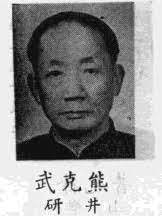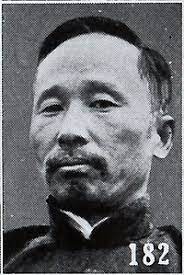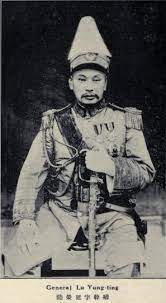Yang Tu (10 January 1875-17 September 1931), student of Wang K'ai-yün and advocate of constitutional monarchy who became an adviser to Yuan Shih-k'ai. In 1 9 1 5 he organized the Ch'ou-an-hui [society to plan for stability] to implement Yuan's plans for establishing a monarchy. Hsiangt'an, Hunan, was the birthplace of Yang Tu. He lost […]









